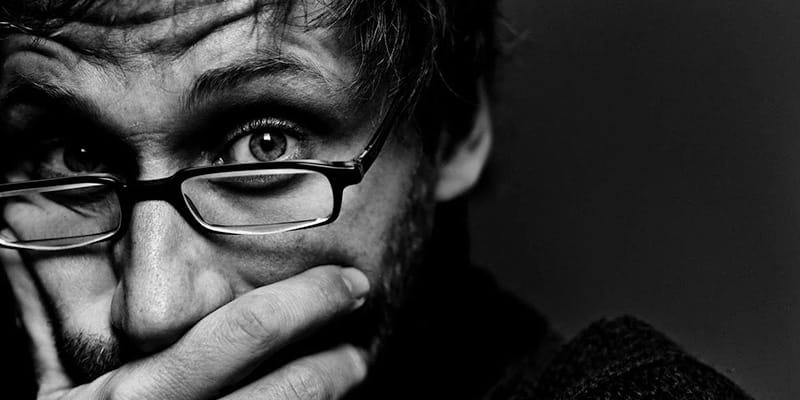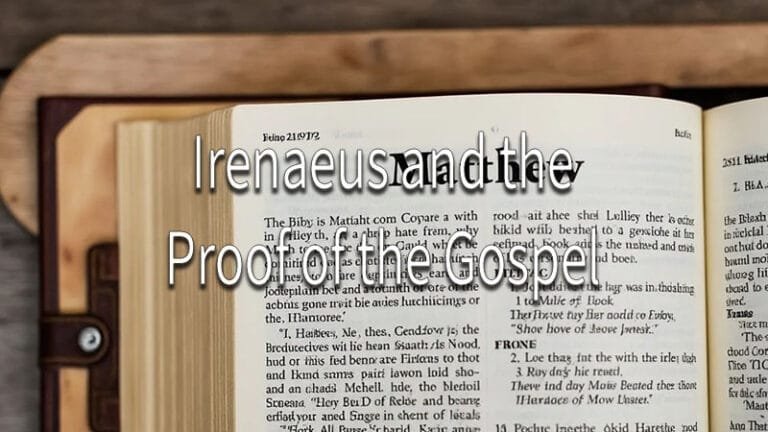The Need for Skepticism

A few months ago, I was reading about the Royal Society – the scientific society of Great Britain. Established in 1660 for the pursuit of scientific endeavors, the society included research, technology and engineering. Its founders chose as its motto “nullius in verba,” a phrase from Latin poet Horace meaning, “on the word of no one.” Sadly, there are many people, including people in the scientific community, who seem to have abandoned this saying. They take the word of others based merely on authority. The truth is we could do with a whole lot more skepticism in almost every field.
When you talk about taking the word of authority over evidence or proof, most think of religious people. Several faiths rely on written authority – the Torah, the Gospels, or the Qur’an. Other religions rely on tradition or the authority of priests. Conservative believers in those faiths tend to accept those authorities over what they may visually see – “walk by faith, not by sight.” Yet this need not mean that people of faith are unscientific. People seem to forget that almost all early European scientists were clergymen or supported financially by the church, and that the church encouraged research and discovery in unique ways that led to the development of science in the West. Today, many people of faith are practicing scientists or believe in questioning all worldviews, even those of faith. It is sometimes frustrating the number of believers who accept all manner of unproven or unproveable legends, theologies, theories, and opinions without looking deeper into their reliability. We are told to be wise as serpents but innocent as doves, but most people seem to reverse this. Skepticism is the obvious defense against charlatanism. It also helps us to become stronger believers. Asking questions helps us to know and be able to defend the truth.
At the same time, there are many scientists who seem to have abandoned skepticism. Some may be shocked by my saying this. Like most people, I was raised to believe that science operates using the scientific method as explained by Francis Bacon in the seventeenth century. Scientists make a hypothesis based on observation, conduct experiments, measure results, compare with a control group, and then either confirm or deny the hypothesis or develop a new experiment. When I was in college, I learned that many scientists no longer keep to such a model, which some view as antiquated. Inspired by modern relativistic views and post-relativity physics, some even argue that there are no objective facts, only our personal views controlled by time.
Despite this lack of assurance, it has not kept some scholars from telling us that we must trust them because they represent “science.” I always doubt anyone claiming to represent the views of millions of individual people, each with their own opinions. Claiming “science says” is like claiming “the people have spoken” or “they say.” What they really mean is that, rather than taking the time to address opposing views, they want us to merely take their word for it. C.S. Lewis made the distinction between “science” and “scientism” – one is a practice involving observation and experimentation, the other is a point of view that hides its authority in science or scientific-sounding terminology. The true scientist, as Bertrand Russell argued late in his career, should be “tentative and full of doubt” because “what passes for scientific knowledge at the moment is sure to require correction with the progress of discovery.” Meanwhile, the primary result of scientism is disbelief in legitimate science as more and more so-called facts turn out over time to have been nothing more than opinion.
It is high time that the Christian community embrace skepticism as a lifestyle. Skeptic philosopher Sextus Empiricus (second century A.D) argued that we should suspend judgment about nearly all beliefs that are not based on our own experience or observation, especially those that result from dogma. It was not that Sextus did not believe in an objective reality or societal norms; rather, he argued that many so-called facts could not be known with absolute certainty using reason, science, or mathematics due to the finite knowledge of these fields. It is better to approach truth with humility and admit only that this is how things appear to us. While some have argued that this leads to living in constant uncertainty, making life impossible, he held that it is the only way to reach a state of happiness. You question all things until you come to a point of equanimity in which you recognize there are some things you may never know.
While this kind of skepticism may seem to run counter to Christian belief, in fact it enforces it. We believe in God and the salvation Christ offers because we have experienced it. He has revealed Himself as real to us, and we know it more than most scientists know the physical world. We believe in the Bible because God has proved it is true over and over again. This is why on matters such as creationism, many people prefer to trust the Bible over science. It’s not a matter of authority since both scientists and Christians accept what they believe on faith in authority. The real question is which authority are you going to trust? For the Christian, we trust God’s word because we know the Author is trustworthy and reliable, while most scientists have proven that they are not.
British poet, novelist, and theologian Charles Williams famously said that every band of apostles should include a doubting Thomas. We should ask questions about everything we encounter and demand proof. If we accept an authority, we should be sure to verify it by considering other views and looking into all the facts. Any authority worth believing will stand up to examination and will, in fact, encourage such scrutiny. Whether you are considering religion, politics, science, or news, a healthy dose of skepticism would help all of us to find the truth.

